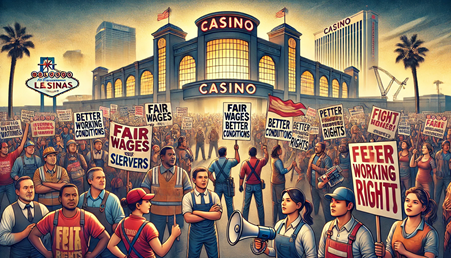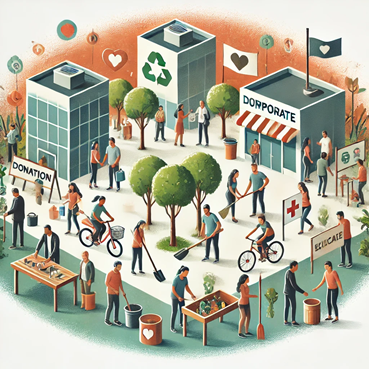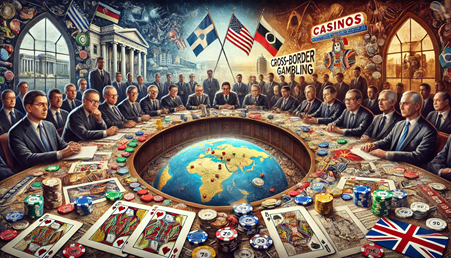What challenges do women face in breaking barriers in international politics?

What challenges do women face in breaking barriers in international politics?
by Sebastian 03:31pm Jan 03, 2025
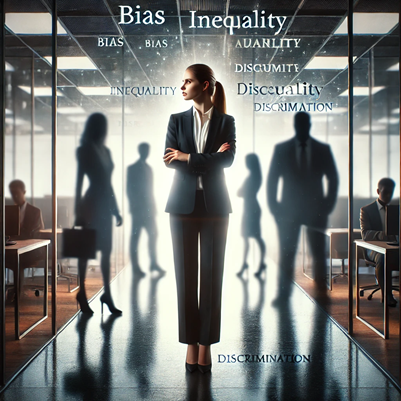
What challenges do women face in breaking barriers in international politics?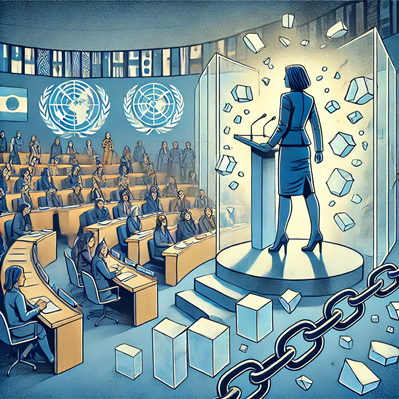
Women face numerous challenges when trying to break barriers in international politics, often encountering systemic, cultural, and institutional obstacles that hinder their political participation and advancement. Here are some of the primary challenges:
1. Gender Bias and Stereotyping
Prejudiced Attitudes:Women in politics often face stereotypical assumptions about their abilities, decision-making capabilities, and leadership styles. They may be seen as less competent, emotional, or suited for "soft" policies (e.g., social welfare, education) rather than "hard"policies (e.g., defense, foreign relations).
Leadership Style Criticism: Women may be judged more harshly for their leadership style. When they exhibit traits like assertiveness, they can be labeled as “too aggressive,” while softer traits can be seen as weakness or lack of authority.
Example: Female politicians like Hillary Clinton and Angela Merkel have often been scrutinized for their personalities and decision-making styles in ways that their male counterparts are not.
2. Lack of Representation and Role Models
Underrepresentation:Women are still underrepresented in political leadership roles globally.This lack of representation means that women often don’t have role models or mentors to guide them through political careers.
Cultural Barriers: In many countries, traditional gender roles can restrict women’s participation in politics. Social expectations often prioritize women’s roles in the family and private sphere, making it difficult for them to enter or advance in the public political sphere.
Example:In many parts of the world, such as in the Middle East and some African countries, women’s roles in leadership positions remain limited due to deeply entrenched cultural and religious norms.
3. Sexism and Harassment
Sexual Harassment:Women in politics are often subjected to sexual harassment, both in public and within political spaces. This includes inappropriate comments, physical harassment, and being targeted online.
Undermining Credibility:Women’s political contributions are sometimes downplayed or undermined, and their competence is questioned more than that of their male counterparts. They are often judged more on their appearance or personal life than on their political expertise.
Example: Female politicians like Sanna Marin (Finland) and Alexandria Ocasio-Cortez (USA) have faced intense scrutiny not only for their political positions but for their personal lives and appearance in ways their male peers typically do not.
4. Structural Barriers in Political Institutions
Political Networks and Support: Women often lack access to the powerful political networks and support systems that are crucial for advancing in political careers. Political parties may be reluctant to support female candidates, or women may be sidelined in favor of more traditional male candidates.
Financial Challenges:Running for political office can be costly, and women may face difficulties raising funds due to biases from donors who are often more inclined to support male candidates.Women leaders also often receive less media coverage and support from political donors.
Example: In the U.S., women running for office generally face greater challenges in fundraising compared to men, especially in higher-profile races such as those for president or governor.
5. Work-Life Balance Pressures
Family Expectations:Women in politics are often expected to balance their professional duties with traditional family roles, such as caregiving. This double burden can limit their time and energy for political activities.
Perception of Uniqueness:Women may also be expected to “perform” in multiple capacities balancing leadership with nurturing traits or family duties, whereas male leaders are not generally expected to do so.
Example: Female leaders like Jacinda Ardern of New Zealand, who became the mother of a newborn while serving as prime minister, have faced scrutiny about how to manage both family and leadership responsibilities.
6. Violence and Intimidation
Threats of Violence:Women in politics, particularly those in high-profile international roles or conflict zones, may face physical threats or violence aimed at intimidating them into stepping down. This can range from verbal abuse to actual threats against their lives or the lives of their families.
Political Assassinations: Throughout history, women leaders have been targeted for assassination, and their involvement in politics can put them at greater personal risk, particularly in unstable regions or during times of political unrest.
Example: Benazir Bhutto, former Prime Minister of Pakistan, was assassinated in 2007 after facing numerous threats and challenges during her political career.
7. Limited Access to Education and Training
Educational Gaps:In many regions, women have less access to education, particularly in areas like politics, economics, or law, which are crucial for political careers. Without adequate education and training, women may be less prepared to enter the political arena.
Exclusion from Political Mentorship: Even in countries where women have access to education, they may not have the same opportunities for political mentorship, often being excluded from informal networks or political apprenticeships that are available to men.
Example: In many low-income countries, girls have limited access to education, and the lack of education and training in political leadership roles significantly reduces women's participation in governance.
8. Cultural and Religious Obstacles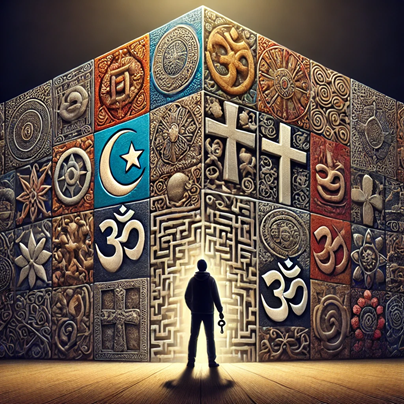
Cultural Norms:In some societies, cultural and religious norms can restrict women’s participation in politics. Women leaders may face resistance simply because their roles defy long-standing traditions regarding women’s rights and societal roles.
Religious Interpretations: In certain countries, religious doctrines may dictate that leadership is a male domain, and women leaders are viewed as transgressing religious or societal expectations.
Example: In countries like Saudi Arabia or Afghanistan, women’s political participation is limited by conservative religious views and laws that restrict women’s freedom to engage in public life.
9. Political Backlash and Undermining
Pushback from Male-Dominated Systems: Even when women break through political barriers,they often face significant resistance from established male political structures. These systems may seek to undermine or discredit their leadership, often using sexism, ridicule, or political opposition to limit their effectiveness.
Internal Party Resistance: Even within political parties that claim to support gender equality, women may struggle with internal resistance.Male-dominated party leadership can prevent women from accessing key leadership positions or dismiss their policy proposals.
Example: Margaret Thatcher faced resistance from her male counterparts in the Conservative Party, which questioned her leadership decisions and her ability to govern as a woman.
Conclusion
Despite making significant strides in politics, women continue to face numerous barriers when breaking into and succeeding in international political arenas. Overcoming these challenges requires not only individual resilience but also systemic changes, such as gender-responsive policies, legal reforms, access to political networks, and societal shifts in attitudes towards women’s leadership. While progress is being made, the road to true gender equality in global politics remains challenging and long.


